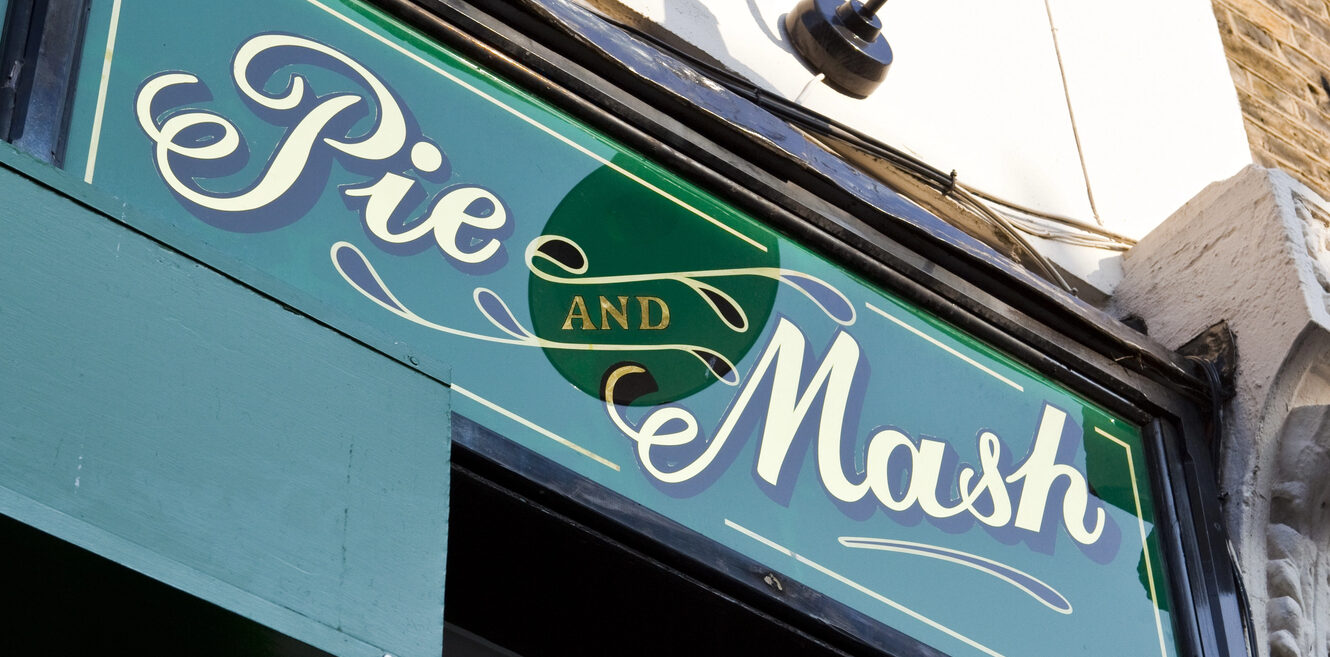How to Bet on Soap Villains and Newcomers: What Trends Reveal About Viewer Sentiment

For decades, the twists and turns of soap operas have been a staple of British living rooms. We love to hate the villains and speculate wildly about the motives of a mysterious newcomer. But what if you could put your money where your mouth is? Welcome to the intriguing world of soap opera betting, a corner of the novelty betting market that’s as much about reading human emotion as it is about predicting plot points. Far from a simple flutter, the odds on who’ll be the next victim of a Walford gangster or who a new arrival in the Dales will betray can offer a fascinating glimpse into the collective psyche of the viewing public.
Predicting a Soap Villain’s Next Move
There’s nothing quite like a truly dastardly soap villain to get the nation talking. From conniving schemers to outright murderers, these characters are the engines of high drama and, consequently, a hotbed for betting activity. Markets often spring up around a villain’s next move: Who will be their next victim? When will they finally get their comeuppance?
These betting trends are more than just idle speculation; they are a raw measure of viewer engagement. When a character like EastEnders‘ “Dirty” Den Watts faked his own death or Coronation Street’s Tracy Barlow seduced Roy Cropper to win a bet, they created seismic waves in fan communities. This chatter, now amplified by social media, is closely watched. Bookmakers, in setting their odds, are essentially trying to quantify this public sentiment. If a particular character is overwhelmingly tipped by fans online to be a villain’s next target, you can expect the odds on that outcome to shorten.
Storylines involving villains are often long and complex, giving viewers plenty of time to analyse motives and predict consequences. The “Who Killed Lucy Beale?” storyline in EastEnders, for instance, ran for almost a year and reportedly drew in millions of pounds in wagers, demonstrating the public’s deep investment in these narratives. This long-term engagement allows for a deep, almost personal relationship to form between the viewer and the characters, making the predictive element all the more compelling.
Welcoming Newcomers: A Hero or a Wolf in Sheep’s Clothing?
The arrival of a new face in a beloved soap is always a moment of intense speculation. Are they here to heal a broken heart, or to break it further? Will they be a force for good, or are they a villain in disguise? This uncertainty is fertile ground for betting markets.
Initial odds on a newcomer’s storyline often reflect the show’s casting and initial character presentation. A well-known actor joining the cast might initially have longer odds on being a short-lived villain, as the assumption is they are there for a significant, perhaps heroic, role. Conversely, a mysterious, brooding character who arrives with a secret is likely to have shorter odds on causing trouble.
Here, viewer sentiment acts as a powerful, real-time focus group for the show’s writers and producers. The immediate reaction on forums and social media to a new character can be telling. If a newcomer is instantly disliked or distrusted by the audience, this can be reflected in the betting odds, which may shorten on them being revealed as a villain. It’s a fascinating feedback loop: the showrunners create a character, the audience reacts, the betting markets quantify that reaction, and sometimes, it feels as though the collective will of the viewers can influence the character’s trajectory.
How Betting Odds Reflect Viewer Sentiment
Betting odds in the world of soaps are not created in a vacuum. They are a direct reflection of the balance of opinion. When a “whodunnit” storyline grips the nation, the odds for each suspect shift with every clue, every suspicious glance, and every fan theory that gains traction online. These odds can be seen as a barometer of public opinion, a snapshot of who the nation collectively suspects at any given moment.
The relationship between social media chatter and betting odds is particularly strong. A well-argued theory on a fan forum or a viral hashtag can cause a significant shift in betting patterns, prompting bookmakers to adjust their odds accordingly. This interplay transforms the passive act of watching a soap into an interactive, communal experience where viewers feel they have a stake in the outcome.
This phenomenon is rooted in the psychology of how we engage with these long-running dramas. Soap operas often mirror real-life social dynamics, albeit in a highly dramatized fashion, which encourages viewers to form strong opinions and emotional attachments. We see characters as extensions of our own communities, and just as we might gossip about a neighbour, we speculate about the lives of the residents of Coronation Street or Albert Square. Betting on these outcomes is simply a more formalised version of this natural human tendency.
Trends to Watch
So, how can you, the avid soap fan, get in on the action and make more informed predictions? It’s about learning to spot the narrative cues and read the wider sentiment.
Character Archetypes
Soaps often rely on established character types. The “femme fatale,” the “troubled bad boy,” the “matriarch with a secret”—recognising these archetypes can help you predict their likely story arcs. A character who fits the classic “black widow” mould, for example, is a good bet to be involved in a suspicious death or an inheritance plot.
Narrative Pacing
Pay attention to the rhythm of the storytelling. Is a particular character suddenly getting a lot of screen time? Are they being placed in situations that test their morality? This increased focus often signals that a major storyline is building around them. Major plot points are also often timed around big events or holidays, like Christmas specials.
Follow the Chatter
Immerse yourself in the fan community. What are the dominant theories on social media and forums? While you shouldn’t follow them blindly, understanding the prevailing public mood is crucial, as it directly influences the betting markets.
Ultimately, betting on soap operas is a unique blend of analytical skill and emotional intuition. It’s about understanding the mechanics of storytelling while also having a finger on the pulse of the national conversation. It adds an extra layer of engagement to our favourite shows, transforming viewers from passive observers into active participants in the drama. More than just a bit of fun, it’s a testament to the enduring power of these stories and the communities they create.







